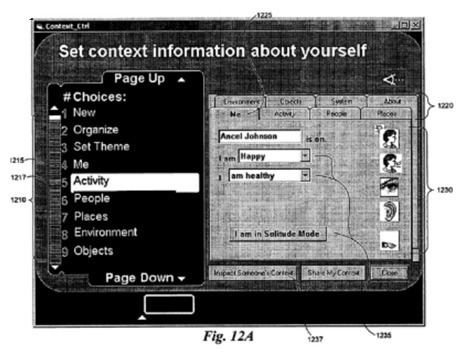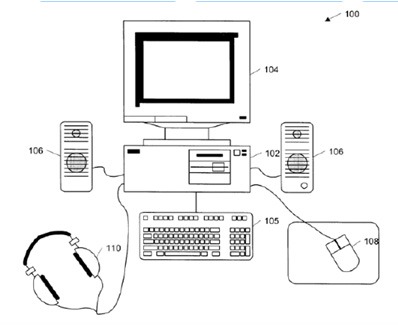Source: http://totalbrainhealth.com/?p=5928
Review Suggests Evidence for Computer-Based Brain Training Limited and Varies Widely
What: Evidence for the effectiveness of commercially available computerized braining training programs to ward off age-related cognitive decline remains unclear, despite the popularity of such products. Researchers in Australia conducted a literature review to assess the quality of the studies that have been done on computer-based brain training programs that claim to reduce cognitive decline. Of 18 training products identified, researchers found only 7 of the programs with published research data. In looking at evidence for those 7 programs, they found only 2 companies offered data meeting the highest criteria of research methodology (Level III). Of those programs, one relied in part on data from a governmental study (ACTIVE) from which a piece of their training protocol was based, yet modified from the version researche…
Source: http://totalbrainhealth.com/?p=5928
Review Suggests Evidence for Computer-Based Brain Training Limited and Varies Widely
What: Evidence for the effectiveness of commercially available computerized braining training programs to ward off age-related cognitive decline remains unclear, despite the popularity of such products. Researchers in Australia conducted a literature review to assess the quality of the studies that have been done on computer-based brain training programs that claim to reduce cognitive decline. Of 18 training products identified, researchers found only 7 of the programs with published research data. In looking at evidence for those 7 programs, they found only 2 companies offered data meeting the highest criteria of research methodology (Level III). Of those programs, one relied in part on data from a governmental study (ACTIVE) from which a piece of their training protocol was based, yet modified from the version researche…





